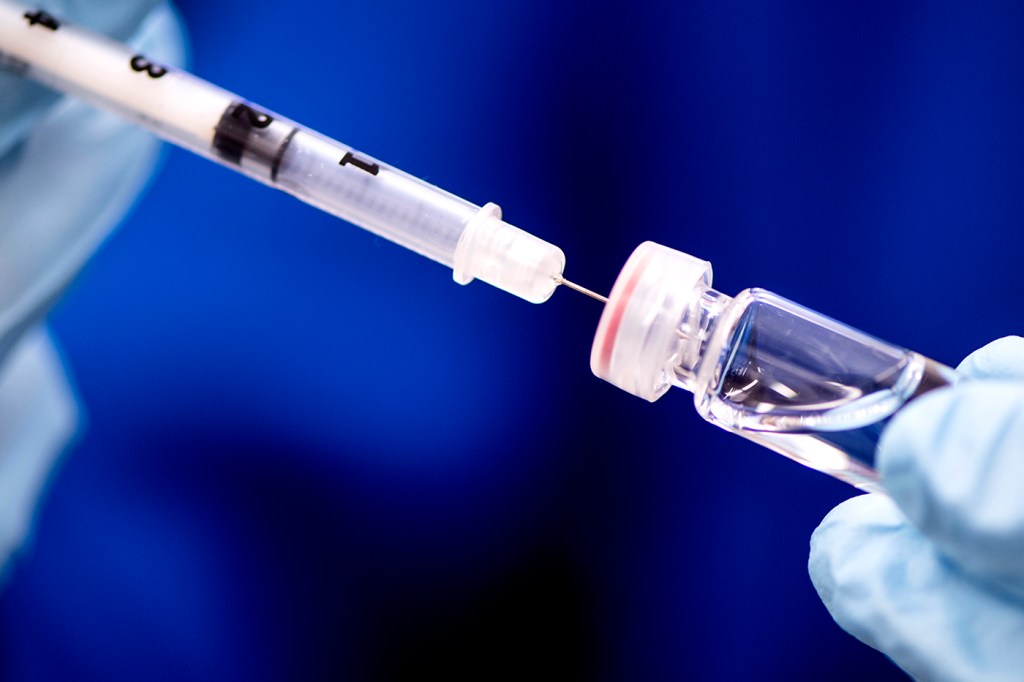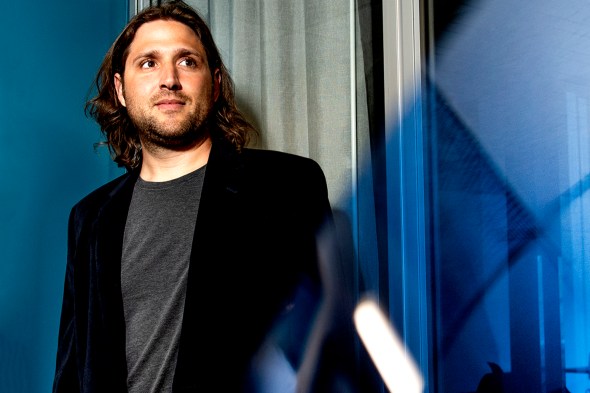Are COVID-19 vaccine trials ethical?

As the race to create a COVID-19 vaccine speeds ahead, many people have expressed an unwillingness to receive the immunization once it’s available, arguing that the vaccine won’t have enough time to undergo proper vetting.
Now, researchers fear that some of those same people won’t be interested in participating in vaccine clinical trials, illuminating a tricky catch-22—people don’t want a vaccine unless it’s been tested, but people also don’t want to be part of the tests because of the unknown risks.
Suspicions about the vaccine development process were reinforced last week following the death of a Brazilian volunteer in an experimental trial for a COVID-19 vaccine developed by Oxford University, and produced by the pharmaceutical company AstraZeneca.
While it’s unclear whether the participant’s death was linked to the trial, the incident nonetheless sowed doubt among an already dubious section of the population, as reflected in the subsequent downturn in AstraZeneca shares.
The recent event has sparked a debate over the ethics of human subjects in COVID-19 vaccine trials. Unfortunately, there’s no straightforward answer, says John Basl, associate professor of philosophy at Northeastern, who specializes in bioethics.

John Basl, associate professor of philosophy. Photo by Matthew Modoono/Northeastern University
“We’re in an unprecedented medical emergency, and the benefits of getting a vaccine quickly are extremely high,” he says. “How do we balance the desire to manage this [pandemic] with the same ethical care we hope to apply in the everyday medical research context?”
In most of the vaccine trials currently underway, one group receives the COVID-19 vaccine while the other group does not. Then, participants go about their lives as usual to test the efficacy of the vaccine.
The participant in the AstraZeneca trial who died of COVID-19 was reportedly part of the placebo group and did not receive the vaccine, Bloomberg News reported, citing an unofficial statement by a person familiar with the matter.
In this case, it appears that the participant’s death was unrelated to the trial. “But then the question is: What would have happened if they had received the vaccine?” Basl says. “Would they still be alive?”
And what if receiving the placebo, under the assumption that it could be the real vaccine, emboldened the participant to engage in risky behavior they would otherwise avoid?
“We know that the placebo effect is real, and in this case, the worry is that people aren’t taking the health guidelines seriously if they think they have immunization,” Basl says. “The way that’s usually managed is in the disclosure and consent procedure. Participants should be told to act as if they never received the vaccine.”
Since participating in vaccine trials could potentially be dangerous to people’s health, some might be surprised to learn that volunteers don’t usually receive compensation.
“Usually any kind of compensation is frowned upon by the research community,” Basl says. “It has a flavor of exploitation. The people who are most motivated by monetary compensation are probably the most vulnerable and feel the most economic pressure to participate in these trials.”
Basl says the most important bioethical consideration in human trials is consent. “And that goes beyond just signing consent forms. You need to make sure the study is presented in a way that participants can understand,” he says.
The consent process is twofold—researchers must disclose all relevant information that doesn’t compromise the study while also ensuring that participants understand the parameters of the experiment.
“In a situation like this, that would mean highlighting the risks and having a medical professional present to answer questions while the participant is reading through the consent form,” Basl says.
As with all philosophical quandaries, there’s no golden rule for handling these situations. But one thing Basl says researchers should always keep in mind is—do the means justify the ends?
“Sometimes the consequences are so bad that it requires us to ignore certain human rights,” Basl says. “But I don’t know if we’re currently at that point in this medical emergency.”
For media inquiries, please contact media@northeastern.edu.





